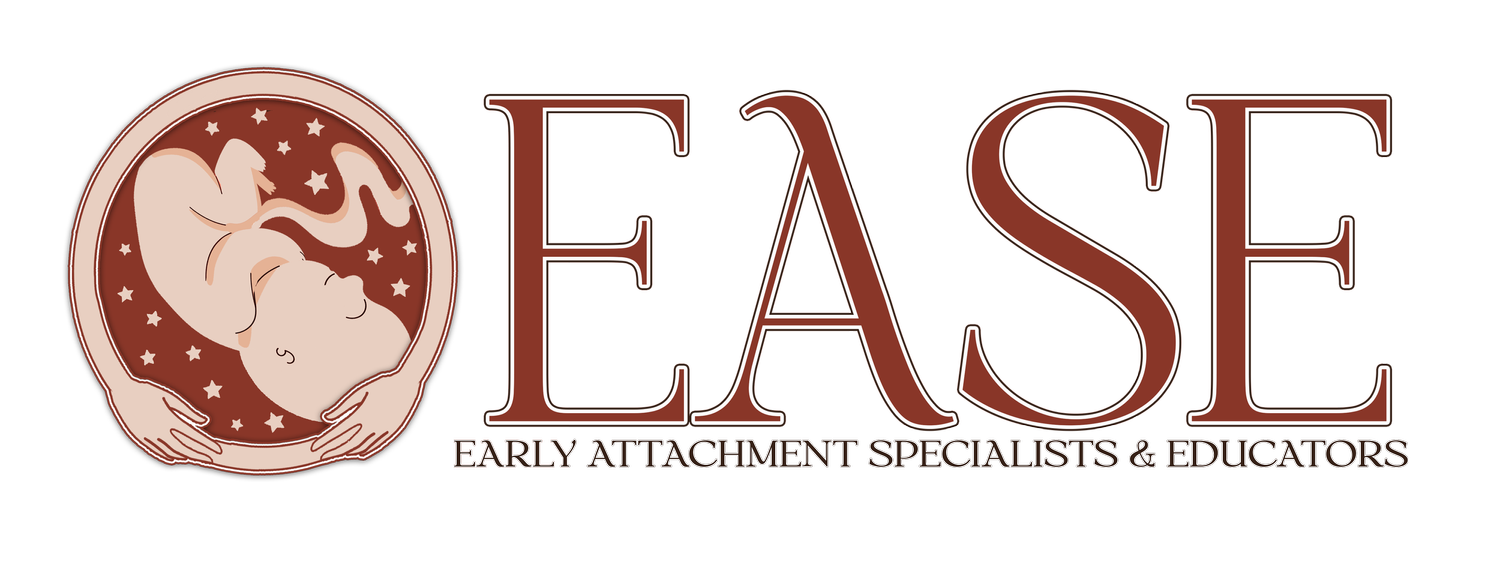Land Acknowledgement
As we pause together to make a land acknowledgement, let’s remember to hold respect and gratitude towards the land itself. When the land, water and animals are not well, then that means that we as humans are not well.
We hold immense gratitude and respect for the Indigenous nations who steward these lands. They’ve kept a sacred covenant of responsibility for generations.
Where we live, these nations are Blood Tribe (Kainai Nation) (Blackfoot), Piikani Nation (Blackfoot)
Siksika Nation (Blackfoot), Bearspaw First Nation (Stoney First Nation/Nakoda), Chiniki First Nation (Stoney First Nation/Nakoda), Tsuutʼina Nation (Sarcee), and Wesley First Nation (Stoney First Nation/Nakoda.
We are non-Indigenous, and we are a Treaty People. Our right to be on this land is governed by Treaty 7. We acknowledge and remember that the First Nations did not cede land or relinquish sovereignty or their relationship to the land, but rather agreed to share resources and maintain peace on a shared land base.
We commit to continuing learning about our responsibilities to the land and to the first nations lands on which we live. We continue to try to live in a way that seeks to hold ourselves and the governments accountable to the treaties and agreements and the calls to action generated by such reports as the Truth and Reconciliation Commission, the Missing and Murdered Indigenous Women’s Report, and The UN Convention on the Rights of indigenous People.
Ethics Statement
As two white, cisgender, able-bodied women, we acknowledge our unearned privilege and the responsibility it brings. We are committed to ongoing reflection, learning, and accountability in our work, and to offering inclusive, anti-oppressive, and evidence-based support. We stand firmly for bodily autonomy, diversity, and human rights, and we aim to serve all families with respect—especially those historically excluded from equitable care. This statement may evolve as we continue to listen, grow, and deepen our allyship.
